Fronteres Invisibles ("Invisible Borders" in Catalan) is the name of a board game which consists in triggering players' empathy for the migrants and refugees who try to reach Europe.
The game was an initiative of 7 youngsters who were part of a youth organization (CAU, which is the Catalan version of the Boy Scouts). We talk to Guillem Castelló about the project.
When did you start this project?
It all began as a pedagogical tool we could use with other kids in the CAU, but since this last february Fronteres Invisibles is officially a nonprofit organization. It was about two years ago, but it has only been a year since we started presenting it to schools and libraries. At first we had to ask people if we could come and present it, but today we have grown and we have a demand. Our schedule basically depends on the amount of calls and mails we receive.
Do you receive any money for your game sessions?
We started touring and they would ask us for the game, so we decided to star selling it for a symbolic price: 15 euros. Each board game costs us 12 euros, so the benefit we get is 3 euros the unit. Schools tell us to fix a price for our presentations lately, but we still haven’t.
Tell me about the game. How does it work?
The game has two dimensions, the legal or bureaucratic and the social. We put special emphasis on the social dimension, because we know how hard i tits to admit the role we all can play in discrimination and prejudices. While playing, you are a migrant who has to overcome many legal and social obstacles to reach the end of the game.
Do you present the game strictly on a local scale?
We have mainly presented our project in local schools, libraries, social centers and so on. However, our is to go international. Last August we went to Senegal, where we spent 3 weeks touring around the country with game. In Senegal we focused on the legal dimension, to warn potential migrants about the bureaucratic difficulties they will have to go through if they head to Europe.
You have presented your Invisible Border game to kids, teenagers and elders. What different reactions do they have?
Children and elder people have a similar positive reaction: elders get really angry when they acknowledge the unfairness around migration, and so do children, even if they do so in a much more innocent way. For me the problem comes with teenager and younger adults. Some teenagers state that “they are not part of this”, meaning they have nothing to do with the prejudice around migration.
How did you come up with the idea of a migration board game?
It all started within the CAU context. We are really worried about the migrants and refugees situation in the city and we wanted to do something about it from a pedagogic perspective, mainly something we could use with other children and youngsters in the CAU.
We thought reflecting on migration difficulties through a board game could be very dynamic, and we hoped Fronteres Invisibles would help kids and adults approach the subject with a playful point of view.
Isn’t it hard, to come up with an idea for a board game?
We are not professionals so first we had to learn how to create a game that could adapt to reality. We started from here and the we had to think about cards and boxes. Luckily, we did not do it on our own.
Did you network with migrant associations based in Catalonia, to create the game?
Indeed. We talked with many organizations that fight racism from a and administrative and political perspective, and we also contacted entities that help migrants deal with all the paperwork that comes with migration. In Senegal we networked with Diambé Africa association, and they we’re thrilled with our idea. Some of the Catalan-based organizations we contacted were Tanquem els Cies, SOS Racisme and Espacio del Inmigrante, but we also held conversations with migrants and migrant families so they could tell us their experience.
Where do you see Invisible Borders in two years?
I see us doing the same thing, presenting our game in social and community spots, but our long-term goal is to go further than the Catalan and Spanish territory. I see ourselves touring with our game and travelling to places where refugees have to deal with all kinds of hardships.
Are you active on the online world?
This is something we need to improve. From now on we are going to be more active in the social networks. We are well aware of the fact that, if we want people and organizations to contact us, we have to present ourselves online more.

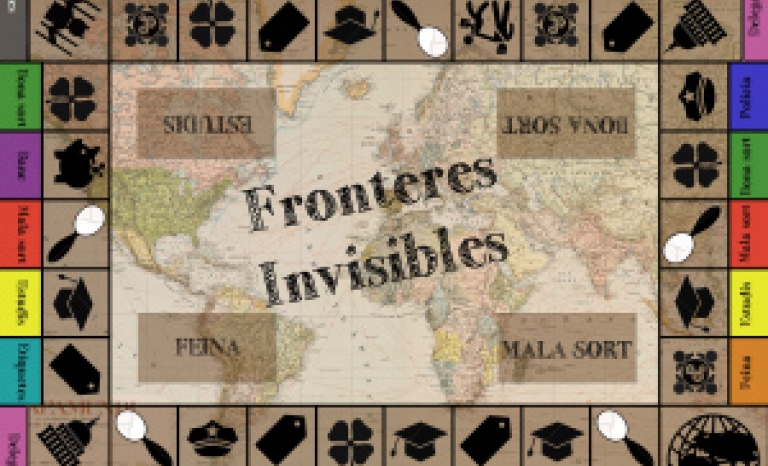
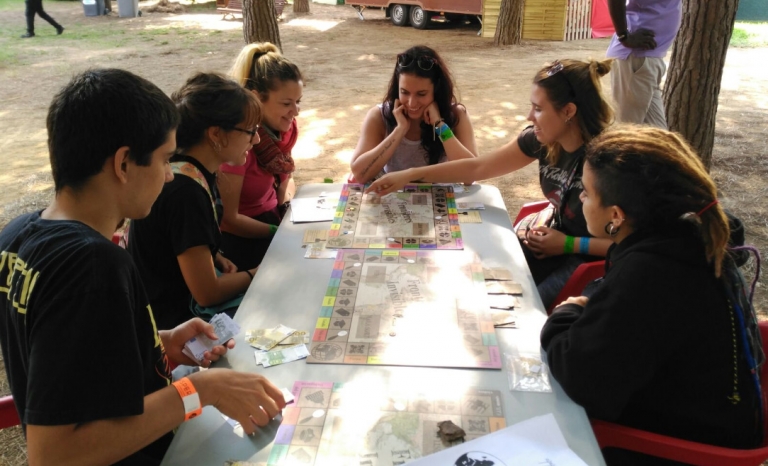
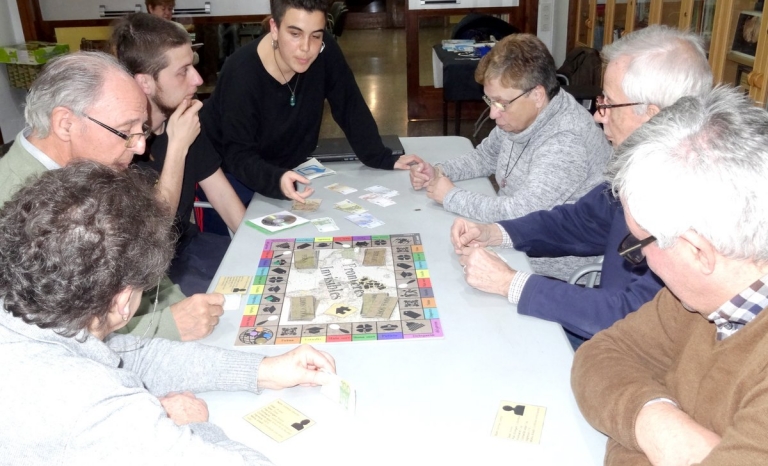
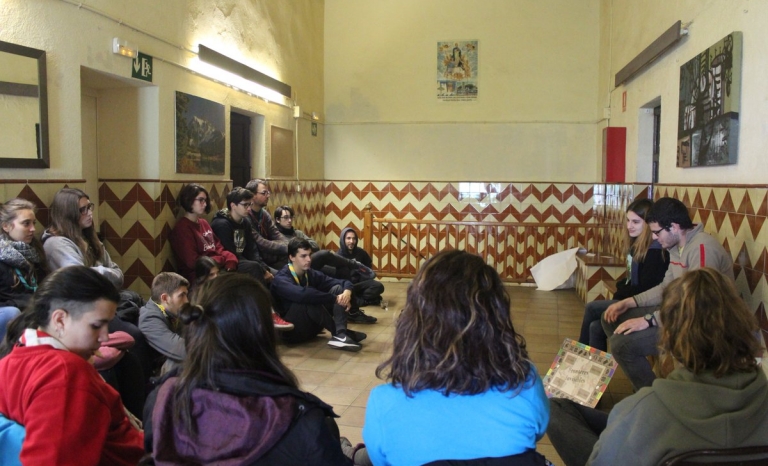
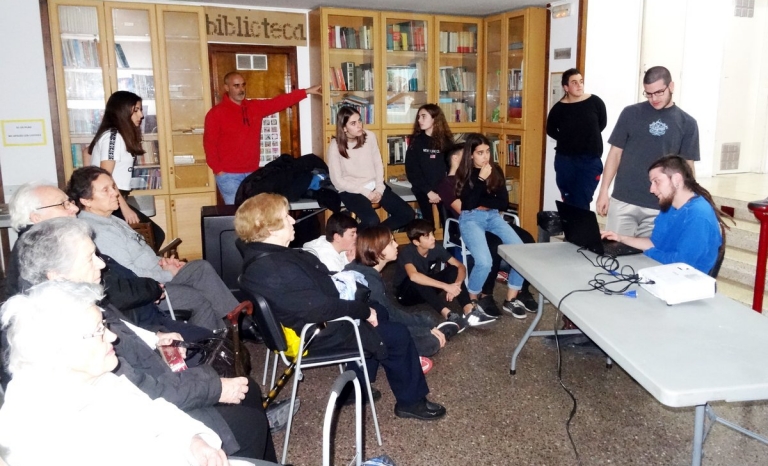


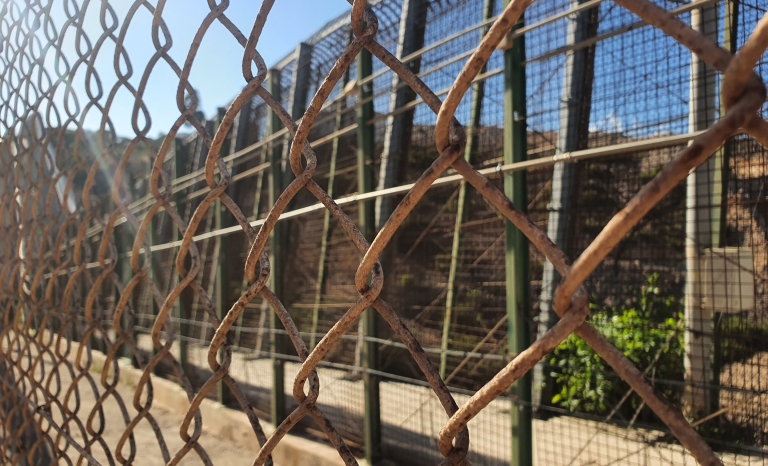
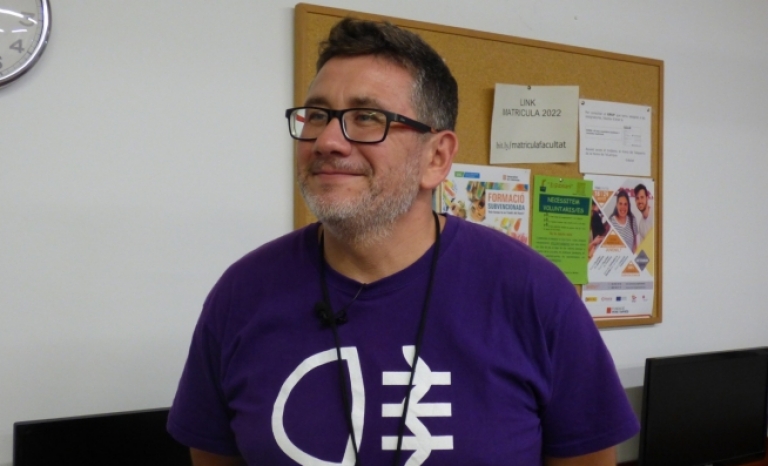



Add new comment